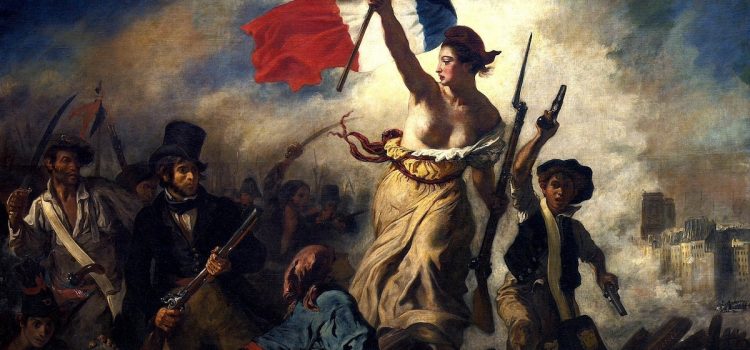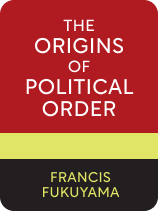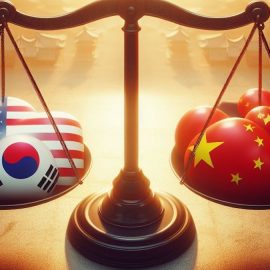

This article is an excerpt from the Shortform book guide to "The Origins of Political Order" by Francis Fukuyama. Shortform has the world's best summaries and analyses of books you should be reading.
Like this article? Sign up for a free trial here.
Are democracies safe as long as they respect the rule of law? What does history tell us?
A major component of modern liberal democracies is the rule of law—the belief that the state is constrained by some higher standard of conduct. However, the rule of law is not a complete safeguard of democracy.
Continue reading to learn about the limitations of the rule of law.
Limitations of the Rule of Law
Although it places limits on governmental abuses of power, the rule of law alone is not enough to make a state democratic. In fact, Francis Fukuyama points out that authoritarianism is still possible—albeit in a weaker form—in states that respect the rule of law. He explains the limitations of the rule of law by offering some examples from history.
For example, in the 16th and 17th centuries, France created a limited authoritarian state by selling off state offices. The state earned money from the sales, and officeholders gained political influence, tax exemptions, and ongoing revenue streams. Fukuyama explains that this sale of offices began as a way to fund France’s massive war spending, but it had the side effect of fragmenting groups (such as the nobility, landowners, and wealthy commoners) who otherwise might have united to oppose state power.
Because officeholders were interested in their personal gain, they never coalesced as a political unit. Meanwhile, French kings were still bound by the rule of law—unlike Chinese rulers, they weren’t free to kill anyone who opposed them—but, by essentially buying the loyalty of their opponents, they were left with few checks on their authority. However, Fukuyama says that, in practice, this system limited the government’s power because it tied the state to a number of disparate private interests. These practices led to immense social and economic unfairness and left the government unable to reform itself—until the commoners who’d been left out of the system rose up in the French Revolution of 1789.
| The Rule of Law Versus the Norms of Democracy The sale of offices in pre-revolutionary France points to a fundamental limitation of the rule of law: The rule of law can restrict certain forms of political conduct—for example, it might forbid murdering your political opponents—but by itself, it doesn’t preclude rulers from finding legal ways to exploit their power. That’s why, in How Democracies Die, Steven Levitsky and Daniel Ziblatt argue that democracy is based not on explicit laws and constitutions, but instead on shared political norms—implicitly agreed-upon standards of conduct. The authors argue that the fundamental democratic norms are mutual toleration and institutional forbearance: • Mutual toleration means accepting your opponents’ legitimate right to govern as long as they win in free and fair elections. • Institutional forbearance means not using your political power to marginalize your opponents. For example, institutional forbearance would forbid selling government offices in order to fragment your opponents and hold onto power. Norms ensure that political officials act in good faith, cooperating for the benefit of the country rather than using their power to subvert democracy. As a counterexample, Levitsky and Ziblatt argue that Donald Trump’s presidency shows what happens when democratic norms fail to regulate political behavior. Trump was legally elected and constrained by the checks and balances of US law—and yet, the authors argue that, by systematically flouting democratic norms, Trump eroded democracy in favor of authoritarianism. |

———End of Preview———
Like what you just read? Read the rest of the world's best book summary and analysis of Francis Fukuyama's "The Origins of Political Order" at Shortform.
Here's what you'll find in our full The Origins of Political Order summary:
- What modern democracy is and where it came from
- The three components a stable democratic society requires
- Three important takeaways from Fukuyama's book






